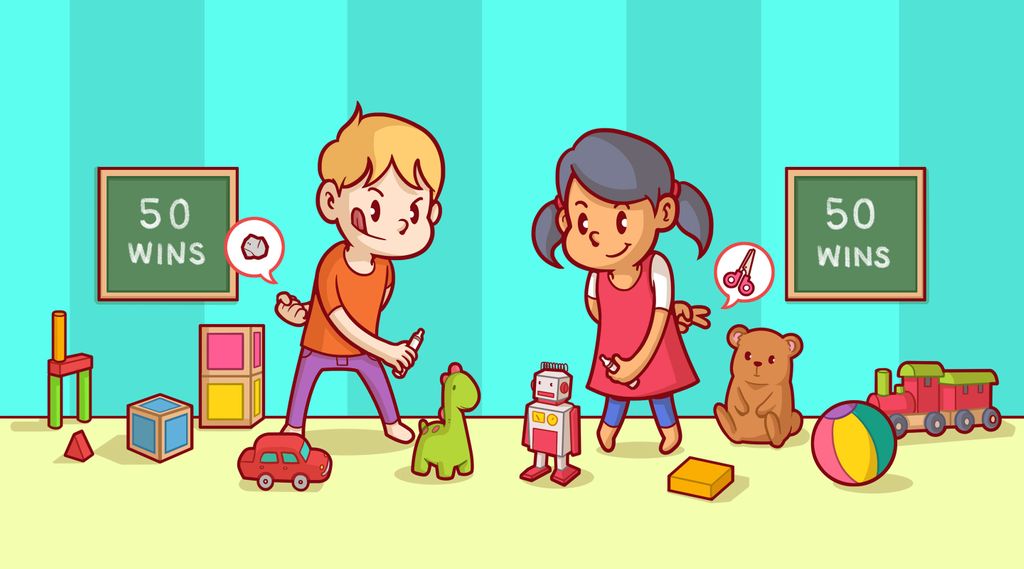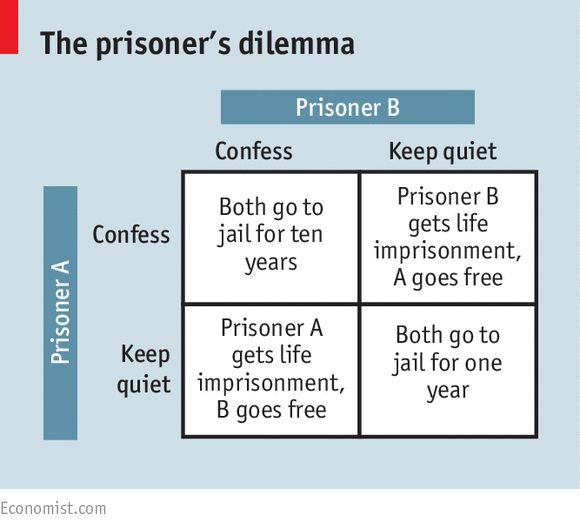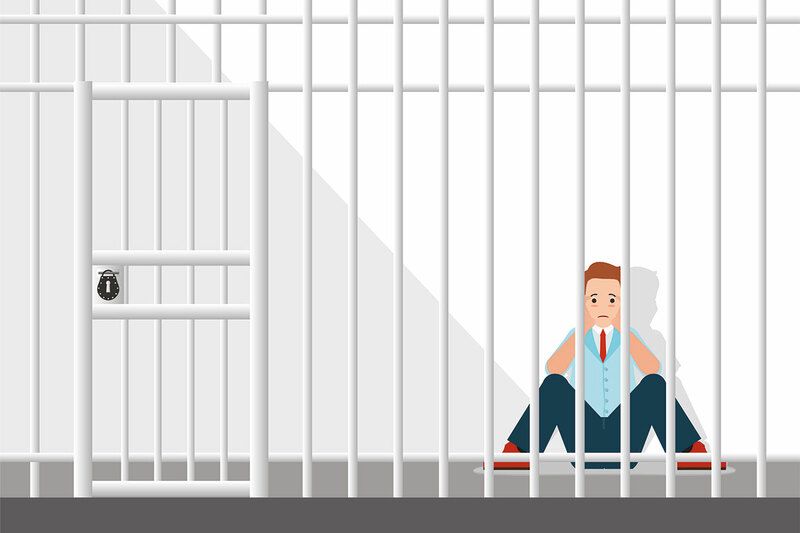Nash Equilibrium: Prisoner Dilemma Explained
Jun 19, 2019 • 105 views
First of all, what is the Nash Equilibrium? Nash Equilibrium is doing the best for yourself, compared to what others are doing in your surrounding. A more individual and self- interested way.

To make things more clear let’s take an example, suppose there are two grocery stores near your apartment, and you will buy bread at the cheapest price, given each grocery store’s price. And the shopkeeper will also keep the price just the competitor to attract you given their competition and strategy.
Without Nash Equilibrium, game theory and economics wouldn’t have the power they have today. Prof. John Forbes Nash Jr. who is behind game theory won Nobel Memorial Prize in Economic Sciences and Abel Prize(equivalent to Nobel Prize) and many other prizes for his works in Game Theory.
For further explanation in Nash Equilibrium, the Prisoner’s Dilemma is a classic example.

Assume that two thieves are charged with robbery by the police. No evidence is there to prove the guilt. So the police decide to keep both the thieves in two separate rooms to confess for their crimes. Both the thieves are not allowed to communicate with each other to make their confessions.
The thieves are acquainted with the following information.
If both the thieves make the revelation, they get 5 years of prison.
If no one makes the disclosure, they get 1 year of prison.
If one of the thieves confesses and the other doesn’t, the former will get 0 years of prison(as a reward of speaking the truth) and the latter will get 10 years of prison(prison for the entire crime).
The best option for both the thieves is that they do not confess at all and they will get 1 year of prison. However, will this possibility take place in the classical standard?
Name them as Prisoner 1 and Prisoner 2
If Prisoner 1 will reveal, then it is best for prisoner 2 to also owe up to the crime to get 5 years instead of 10 years of prison.
If Prisoner 1 does not accept then Prisoner 2 will accept because of self-interest to get 0 years of prison instead of 1.
Thus the conclusion is that whatever the Prisoner 1 does it is best for prisoner 2 to accept for the crime. And since both the prisoners think similarly, they will both end up accepting which leads to Nash Equilibrium: Both the thieves will end of accepting their crimes and get 5 years of jail, although it is not the best optimal solution for them. They could have both not accepted and got 1 year of jail but their desirable temptation made this situation infeasible.

This example is very famous as it well connects to real-life situations in which individuals due to self-interest led to negative outcomes which may not be best for them.

Nash Equilibrium helps us to understand why we need intervention to reach desirable outcomes. Legal Agreements are some of how we can overcome the problem.
I can observe the game theory is applied very much in economics. Generally, it would be wise to get into mathematics as much as seems reasonable because the economists who use more mathematics are somehow more respected than those who use less. That's the trend. - John Forbes Nash, Jr.
